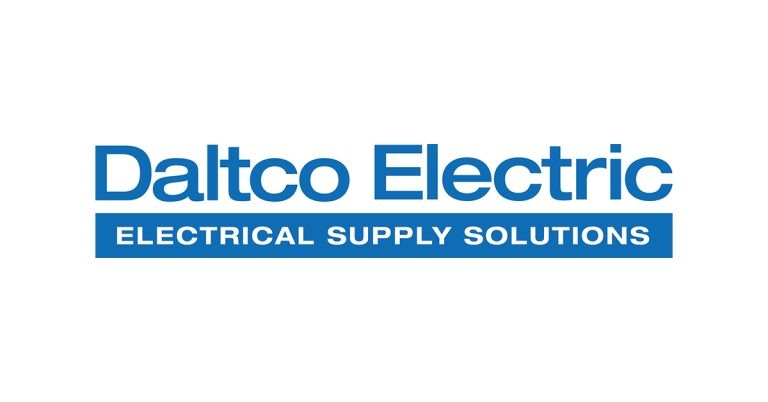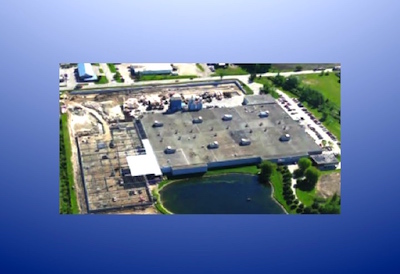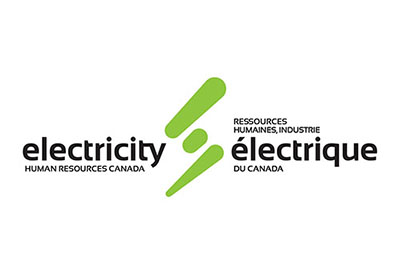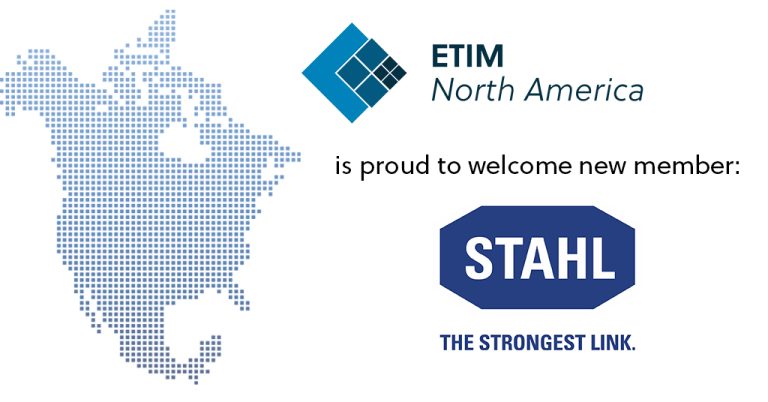Sustainability, Energy Concerns, COP22 Engagement and Disruption to the Power Supply Model —Manufacturing Today
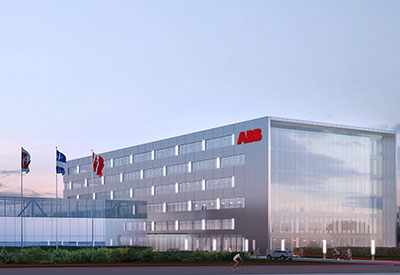
What ABB would like to bring to the table is the message that there is great opportunity in the technology revolution now taking place. This is happening in a context of sustainability, energy concerns, COP 22 engagement and disruption to the power supply model as well as the fourth industrial revolution. A brave new world in the meshing of the digital world of people and machines as Internet meets production.
According to the McKinsey Global Institute, the fourth industrial revolution’s Internet of things, services, and people represents an $11.1 trillion business opportunity within the next eight years, that’s more than 10% of global GDP.
Our workforce challenge and that of our customers is finding people with the right technical skills and the ability to communicate effectively and engage for productivity.
The future of our workforce, both for ABB and our customers, are Millennials, and they are the most connected generation in history who will network right out of their current workplace if their needs are not met. As computer or native digital experts, Millennials are connected all over the world by email, instant messages, text messages, and the Internet.
This can be good news for all workplaces that have already incorporated software and automation into their operations and processes. The risk lies in thinking that the digital-industrial era is just a fad, or believing that their company or their industry will somehow be immune to the transformative upheavals that digitalization is creating throughout the global industrial marketplace. The success of a digital transformation goes to the generational shift and to close the competitive gap with real time information and response capability.
In today’s world, volatile and unpredictable, business cycles have become so radically compressed that every industry needs to think about what transformation looks like in response to change in terms of 6 months or 12 months, rather than across multi-year swaths.
Digital isn’t merely a thing. It’s a new way of doing things. 3-d printing has revolutionized how we produce plastic components today. Additive manufacturing will take the printing of steel or any metal products to a whole new level never seen before. For instance, the world’s first back hoe digger was recently produced purely by additive manufacturing methods.
According to McKinsey Global Institute, many companies are focused on developing a digital strategy when in fact the real challenge is on integrating digital into all aspects of the business, from channels, processes and data to the operating model, incentives and culture. An analysis of how companies with a high digital quotient (dq) operate shows that 90% of top performers have fully integrated digital initiatives into their strategic-planning process.
Canada, with our geography of nearly 10 million square kilometres filled with valuable natural resources, 35 million people and the world’s longest coastline, requires our industrial players to compete with digital and an export infrastructure that is energy efficient and intelligent. This is a must.
Moreover, with the billions of dollars of investment required to update and modernize our energy infrastructure simply to maintain current levels of reliability and safety performance without taking into consideration the increased investments required to integrate a future energy world that incorporates LEED buildings, new infrastructure for vehicle-to-grid demand supply, EV charging networks for cars or larger flash charging systems for electrical buses and trains — this goes to the heart of creating a sustainable as well as competitive economy for Canada.
This transformation is a strategy for building our industries into important pillars in a planned infrastructure that focuses on delivery, transport and export… with information from rapidly accelerating progress in open-source software, sensing technologies, big data, artificial intelligence, automation, machine learning, expert systems, communications, and block chain.
Despite digitization’s deep penetration in the media, retail, and high-tech sectors, less than 40% of global industry in general is currently digitized, according to McKinsey.
What the first generation of chief digital officers (CDOs) struggled to create has become the baseline enabler for the next generation. My company, for example, has built a digital solutions and services platform — called ABB ability — with Microsoft’s Azure cloud computing and IBM’s Watson analytics as key components. But so have other companies. What was leading edge for the first generation is simply a toolbox now. The responsibility of next-gen CDOs is to use the hammers and screwdrivers in that digital toolbox to build solutions and services for our customers that deliver on visions of their glorious futures.
The changes we’re facing are, quite simply, unlike anything we have come across before: in the types of products we create, the services we offer, the value we deliver, the nature of the new competitive advantage we will seek, the engagement models with customers, and — perhaps most importantly of all — the metrics and perspectives by which our customers view this challenge as a pass/fail test: if we embrace this digital future intensely and strategically and view it through the lens of what customers want and need to succeed in their own rapidly evolving businesses, we stand an excellent chance of leading our country into an exciting new era of innovation, growth, opportunity, and success.
Carolina Gallo is Vice President, Public Affairs and Corporate Communications for ABB Canada.

